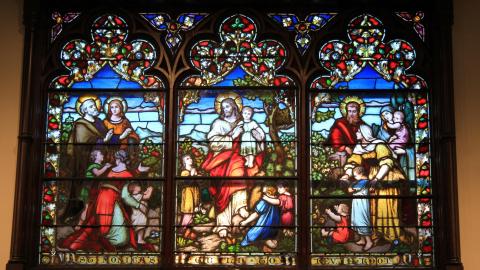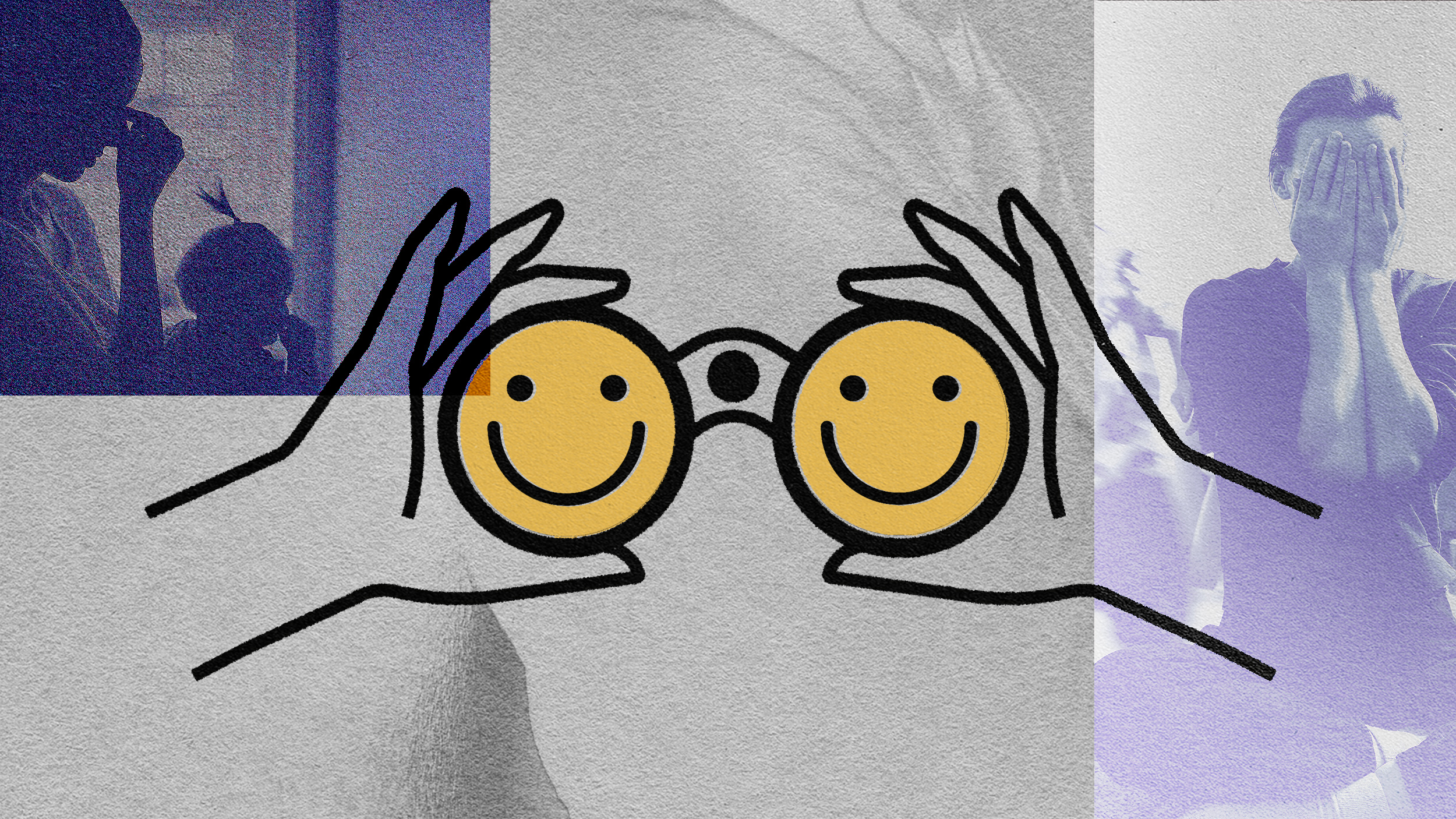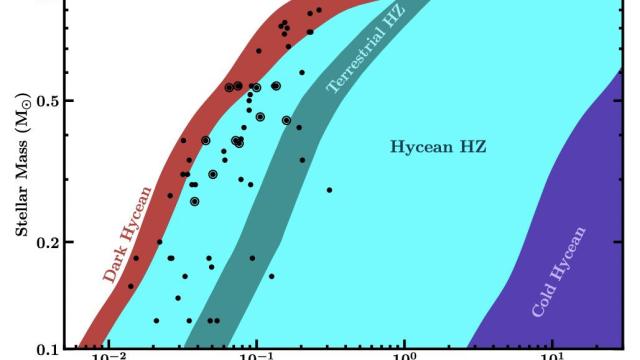- St. Augustine is considered one of the main “Church Fathers,” but his life was surprisingly salacious before his turn to Christianity.
- He was one of the major proponents of “original sin” — the idea that we are born with a natural inclination toward sin and evil.
- Augustine also was largely responsible for the “Neoplatonism” that infused so much early Christian theology, namely, the notion that the further something is from God (as perfection) the lesser it becomes.
A lot of secular and religious morality hinges on just one question: are humans, by nature, good or bad? How you answer this will change how you see the world. If you believe we are good, as Thomas Paine and Jean-Jacque Rousseau did, then you will be inclined to give humans more freedom, unrestrained by rules or laws. If, though, you believe we have an evil streak, then you will think that we need some external power to guide us. Put another way, if we are crooked, we think we will need some straightening.
This is exactly how the Church Father, St. Augustine, came to view human nature, and the ideas in his Confessions became Christian orthodoxy and remain dominant. They also form the basis of so much of the Western mindset, even today.
Augustine: pear thief and ladies’ man
In his autobiographical book, Augustine tells a story about stealing pears. He was part of a gang who took them, not because they were hungry or poor, but simply for the pure pleasure of doing wrong. This led Augustine to conclude that there is a part of our nature that enjoys the thrill of wrongdoing, just for the sake of its own badness. We delight in sin, from a tiny pointless lie or a nasty put-down all the way up to adultery and betrayal.
Augustine’s work is laced with racy stories (by the standards of the time). He describes his teenage years as a “bubbling cauldron of vice” and would pray, “Lord, make me pure — but not yet!” He fathered an illegitimate child with his mistress of many years. (It was only after his mother forced the issue did he leave her, and he is deeply apologetic about the matter in his Confessions.)
Augustine spent nine years in Carthage, which he makes sound like a seething den of iniquity, what with its “dance-girls,” “sea monsters,” “captured gorillas,” and…philosophy! As scholar John Boswell said, Augustine “abandoned himself to urban pleasures with… enthusiasm.” Quite the start for the man who would become a saint and Church Father.
Original sin
Once Augustine saw his wayward ways for what they were, he sat down to do some serious thinking. Why did humans tend to be so evil? Why do we delight in sex, excess, gluttony, and drunkenness?
There is a Shakespearan tragic element to all this: free will is what makes us the beloved of God, but it is also our downfall. It is what makes us brilliant, but it is also that which causes all our suffering and misery.
He reasoned that all this vice was because, after The Fall, humans had placed their pride and vanity above the laws of God. We had been expressly told not to eat that fruit. It was a simple enough instruction from a God who had given us all we could ever need. But there is something inside of us that cannot leave it at that. It is a bit like telling someone today not to press a button. We are naturally inclined to disobedience. We have to press it. So, with an arrogant, proud swagger, humanity thought we were better than God.
Original sin is not built into the fabric of our nature but is the unhappy result of our having free will. Humanity was given autonomy and free will, and one of the first things we chose to do with it was walk away from the Father and Creator. Yet, there is a Shakespearan tragic element to all this: free will is what makes us the beloved of God, but it is also our downfall. It is what makes us brilliant, but it is also that which causes all our suffering and misery.
Pelagius offered a theological rival to original sin
Underlying Augustine’s thought is a “Neoplatonism” that views God as supremely perfect, the summum bonum, the greatest of all things. Under Neoplatonism, the further everything gets from the Godhead (by the misuse of our free will), the more it becomes corrupted. It is a bit like imagining God as being the brightest of lights. The further you walk away from this, the fainter the light becomes, until it is just a tiny speck of a star. Every sin is a step away from this light. In Eden, man had decided to wrench away from God’s will to become autonomous beings. The result is that we must suffer the evil that comes from evil choices. The only way back from this is by the grace of God.
His major rival, a theologian called Pelagius, argued that humans were far from inherently evil and that our free will was in no way corrupted or destined to do wrong.
While this story might seem incredibly familiar to us today, it was by no means the only way Christian theology could have gone. His major rival, a theologian called Pelagius, argued that humans were far from inherently evil and that our free will was in no way corrupted or destined to do wrong. For Pelagius, sin was highly likely and sinfulness most common, but it was theoretically possible to be perfectly good and to live a sinless life. For Augustine, who won the argument, neither of these things were possible.
And so, we live with Augustine’s legacy — the idea that only by commitment to God’s will and the laws of the Bible can humanity’s waywardness be kept straight. There is a proud, selfish, and destructive element written at the center of our psyche that needs constant reigning in. For Augustine, we need guidance to keep us true, and God being God, he’s the only place to get help.
Jonny Thomson teaches philosophy in Oxford. He runs a popular Instagram account called Mini Philosophy (@philosophyminis). His first book is Mini Philosophy: A Small Book of Big Ideas.






